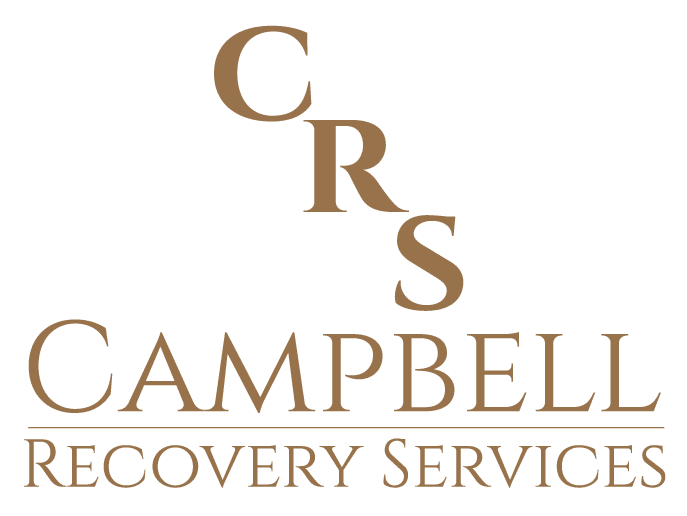There is no clearcut answer for why someone becomes an addict. However, there are catalysts throughout life that can make someone more prone to exhibit addictive behavior. These can start from a very young age through childhood trauma and stress, lack of attachment to parents, or learned behavior from watching addiction in the household. Genetics may also play a role in someone being predisposed to addiction, with this type of behavior inherited from generation to generation. In other cases, exposure to addictive behaviors and adult trauma and stress may play a role.
The making of an addict may be spurred by one of these factors that played an instrumental part in these behaviors, or a combination of many factors. It is important to understand that these factors that go into making someone an addict can be the catalyst for this type of behavior.
Addictive Behaviors Developed in Childhood
While there may be a genetic component to whether someone becomes an addict, there are also many childhood factors that can make you predisposed in this direction. One of these is learned behavior. Children that grow up in households where substance abuse is prevalent are much more likely to become addicts themselves. They grow up seeing their family and adults in the home manage their feelings with drugs or alcohol and this modeled behavior is then passed down to the next generation.
Childhood trauma and stress can also lead someone down the treacherous road of addiction. Children who grow up in households where they are constantly living in fear and chaos will likely struggle as adults. The trauma of abuse, whether physical, emotional, or sexual, as a child can also make someone more likely to develop an addiction as a coping mechanism for these feelings.
Young children that fail to bond with their parents or caregivers in the first two years, struggling to establish an attachment with someone, may also be more susceptible to abuse drugs and alcohol as they reach adulthood.
Exposure to Addiction as a Teen and Young Adult
Being around teens that are drinking, smoking, and drug use can make this seem like normal behavior. This type of regular exposure to drug and alcohol abuse can lead a growing mind to struggle with understanding what is normal behavior and what qualifies as addiction. This level of exposure at a young age can blur these lines, making them more prone to addiction themselves as this is the only environment they have ever known.
Adult Trauma and Stress Can Lead to Addiction
Not all addiction behaviors are formed during childhood. Stress and trauma as an adult can also play a factor. Life traumas, including divorce, the death of a spouse or child, or being the victim of a violent crime can all lead to an unhealthy use of drugs and alcohol. Intense stress in life from losing a job to struggling with health problems can also make you more likely to turn to substance abuse.
If you or a loved one are experiencing one or more of these catalysts for addictive behavior, it is important that you seek help. Through therapy you can learn to manage these feeling without the use of drugs or alcohol.





